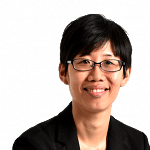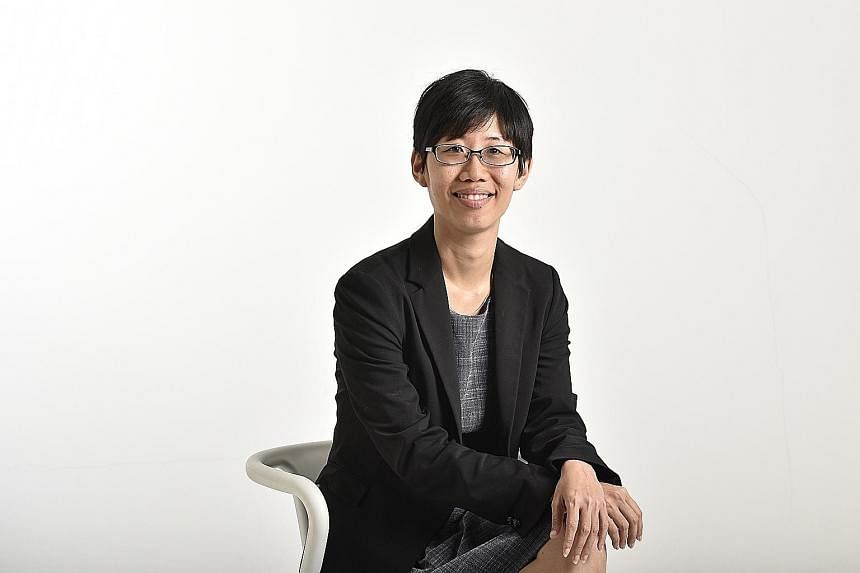Without being asked, China's Parliament has made the rare move of interpreting Hong Kong's mini-Constitution to bar two lawmakers from taking their seats.
Analysts say Beijing pushed ahead knowing that it would worsen tensions in Hong Kong.
Beijing's fifth interpretation of the Basic Law since the 1997 handover of the former British colony came ahead of a review by the Hong Kong High Court on the matter, and has sparked wide concerns about the loss of judiciary independence and erosion of the city's autonomy. More than 13,000 people took to the city's streets in protest on Sunday.
That such a ruling was still made, say analysts, shows how the duo hit a raw nerve in Beijing.
The two pro-independence lawmakers, who made a mockery of their swearing-in oaths at the Legislative Council (Legco) last month, heightened Beijing's fears of an emerging separatist movement in Hong Kong. A further fear is that this could have a contagion effect in restive Tibet and Xinjiang.
Making Beijing squirm further, Mr Sixtus Leung, 30, and Ms Yau Wai Ching, 25, used the word "Cheena" - a Japanese term for China viewed as derogatory by the Chinese. Beijing remains embittered over Japan's invasion of China in World War II.
On Monday, Mr Li Fei, head of the National People's Congress Basic Law committee, lashed out at the duo for having no sense of history. Recounting war atrocities by the Japanese in Hong Kong, he said the duo were like "traitors who sell out their country".
He also announced that the National People's Congress - China's Parliament - had issued an interpretation of Article 104 of Hong Kong's Basic Law, which stipulates that Legco members must swear to uphold the Basic Law and pledge allegiance to the Hong Kong Special Administrative Region under the People's Republic of China.
At the heart of Article 104 is the issue of political allegiance, said Mr Li, adding that requiring office-holders to have political allegiance to China is "only right and proper". He agreed with a remark on the need to issue the interpretation, given that any country would expect its office-holders to swear allegiance to it.
Shenzhen University law professor Zou Pingxue said: "By advocating Hong Kong independence, the young lawmakers are challenging the sovereignty of the country. This will not be allowed nor tolerated in any country."
Noting that lawmakers are different from the man on the street, he said: "The central government has the responsibility to take steps to punish them and prevent similar cases in future."
Seven pro-independence lawmakers were elected to the 70-member legislature in September. They are seen as a serious problem for Beijing, said Professor Zhang Dinghuai, deputy director of the Centre for Basic Laws of Hong Kong and Macau at Shenzhen University.
As politicians have considerable influence on the masses in Hong Kong, the central government cannot allow pro-independence sentiments to "poison the entire Hong Kong society", he said.
The interpretation also helps to "educate" the Hong Kong public on Beijing's political red line, which calls for adherence to the "one country, two systems" framework, he added.
Prof Zhang believes that Beijing also considered how the Hong Kong lawmakers had insulted "all Chinese people". He said: "If no actions are taken, people in the mainland will think that the central government is too weak."



